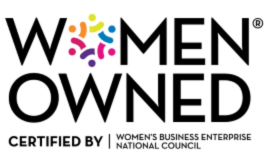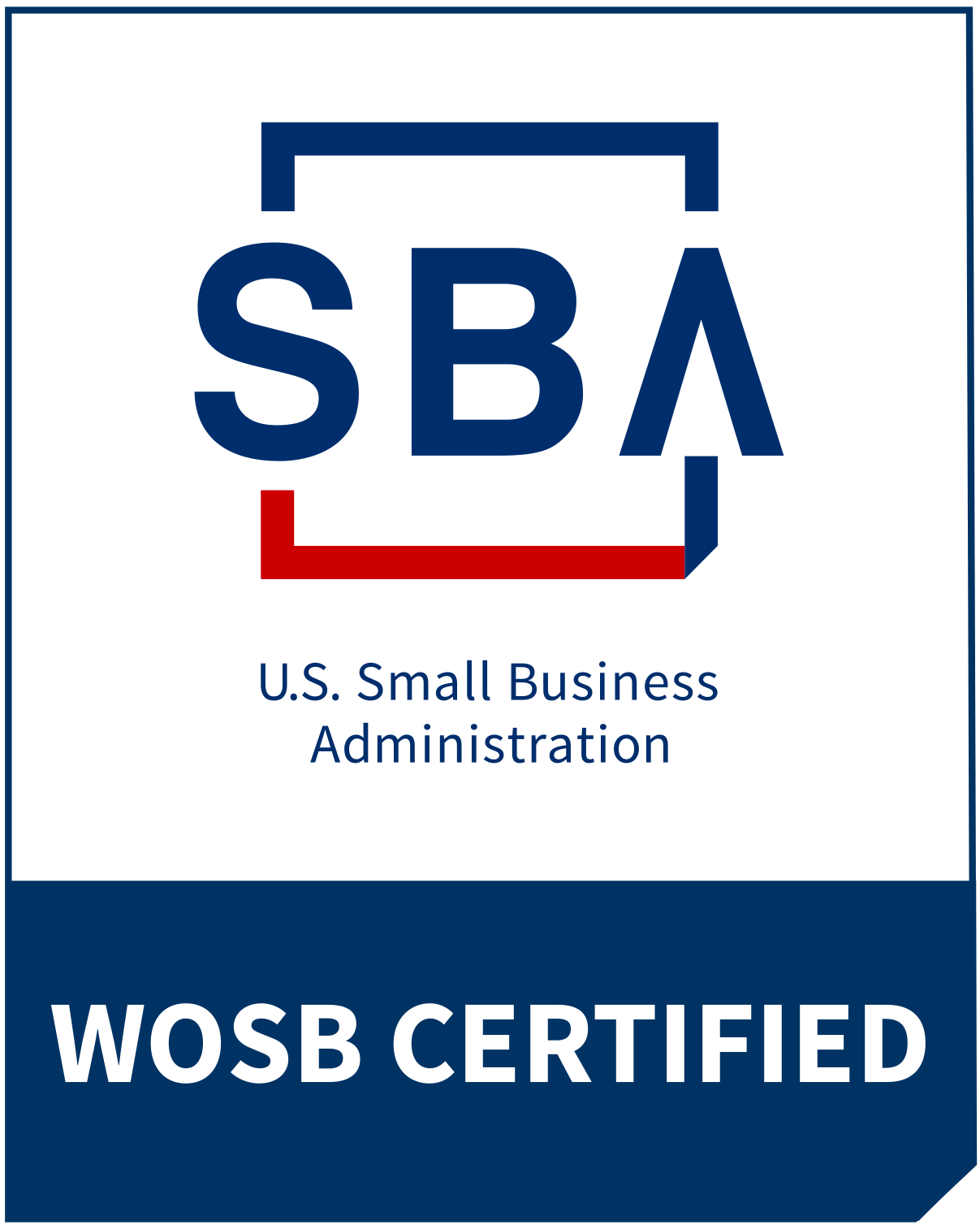People-First Leadership: The Scaling Secret
People-First Leadership: The Scaling Secret
You're working tirelessly, wearing multiple hats, and constantly putting out fires. But have you ever stopped to wonder why, despite your best efforts, your team isn't performing at its peak? Why does it feel like you're constantly micromanaging, and why isn't your business running like a well-oiled machine?
The answer might be simpler than you think: How well do you really know your team?
If instead of a synchronized crew working in harmony, you're faced with a team that seems disengaged, underperforming, and resistant to change, you're not alone. There's a good chance you're overlooking one of the most critical aspects of leadership: understanding your team's strengths, weaknesses, likes, and dislikes.
In this article, we'll explore why this knowledge is important for effective leadership, how it impacts your business's ability to scale, and, most importantly, how you can harness this information to transform your company's performance and culture.
The Power of Understanding Your Team
Knowing your team goes beyond remembering birthdays or favorite coffee orders. It's about truly understanding what makes each member tick, what drives them, and what holds them back. This deep understanding is the foundation of effective leadership and can be the difference between a stagnant business and one that's primed for exponential growth.
5 Benefits of Knowing Your Team
There are multiple benefits of really knowing your team.
- Improved Communication: When you understand how each team member processes information and communicates, you can tailor your approach, reducing misunderstandings and increasing productivity.
- Enhanced Employee Engagement: Employees who feel understood and valued are more likely to be engaged, leading to higher retention rates and better performance.
- Optimized Task Allocation: By knowing each person's strengths and weaknesses, you can assign tasks more effectively, ensuring that everyone is working in their zone of genius.
- Faster Problem-Solving: Understanding your team's capabilities allows you to quickly assemble the right people for specific challenges, leading to more efficient problem-solving.
- Increased Innovation: When people feel comfortable and understood, they're more likely to share ideas and take creative risks, fostering a culture of innovation.
5 Signs You May Not Know Your Team Well Enough
So, what are some signs you should get to know your team better?
- High Turnover Rates: If you're constantly losing good employees, it might be because you're not meeting their needs or utilizing their strengths.
- Lack of Initiative: When team members don't step up or share ideas, it could be because they don't feel valued or understood, or they may feel like they’ll get in trouble.
- Frequent Conflicts: Misunderstandings and personality clashes often stem from a lack of awareness about individual working styles and preferences.
- Missed Deadlines or Subpar Work: This could indicate that you're not aligning tasks with individual strengths or providing the right support.
- Resistance to Change: If your team consistently pushes back against new initiatives, it might be because you're not considering their perspectives or concerns.
5 Steps to Better Understand Your Team
Here are a few ways to better understand your team:
- Observation and Active Listening: Pay attention to how your team interacts, their body language, and the words they use. Listen more than you speak.
- Regular One-on-One Meetings: Schedule consistent check-ins with each team member to discuss their goals, challenges, and ideas.
- Conduct Individual Assessments: Use personality tests like MBTI, DiSC, or StrengthsFinder to gain insights into your team members' traits and tendencies.
- Create Opportunities for Feedback: Implement anonymous surveys or suggestion boxes to encourage honest feedback about the work environment and leadership.
- Team Building Activities: Organize events that allow team members to interact in a relaxed setting, revealing more about their personalities and interests.
Common Problems and Solutions
Problem 1: The Quiet Genius: You have a team member who rarely speaks up in meetings but consistently produces excellent work. You might be tempted to leave them be, but you're missing out on valuable insights.
Solution: Schedule one-on-one brainstorming sessions with this person. They might be more comfortable sharing ideas in a less public setting. Also, consider implementing a system where team members can submit ideas in writing before meetings.
Problem 2: The Overwhelmed Multitasker: One of your key players always seems stressed and struggles to meet deadlines despite working long hours.
Solution: After understanding their workstyle and strengths, you might discover they excel at deep, focused work but struggle with constant task-switching. Restructure their role to allow for longer, uninterrupted work periods and delegate some of their administrative tasks.
Problem 3: The Resistant Veteran: A long-time employee consistently pushes back against new processes or technology implementations.
Solution: Through conversations, you might learn that they fear becoming obsolete or are anxious about learning new skills. Address these concerns directly, offer personalized training, and emphasize how their experience is valuable in shaping and implementing new systems.
Potential Challenges in Implementation
- Time Constraints: Getting to know your team takes time, which is often in short supply for busy leaders, so start small. Even dedicating 15 minutes a day to connect with team members can make a significant difference over time.
- Resistance from Team Members: Some employees might be hesitant to open up or see these efforts as intrusive. To combat this, be transparent about your intentions. Explain how this understanding will benefit both the individual and the company. Lead by example by sharing your strengths and weaknesses.
- Overcoming Your Own Biases: We all have preconceptions that can cloud our judgment. Actively challenge your assumptions. Seek input from others and be open to having your mind changed about team members.
- Maintaining Boundaries: There's a fine line between understanding your team and overstepping into personal territory. Make sure to focus on work-related strengths, weaknesses, and preferences. Be clear about the professional nature of your inquiries.
How Knowing Your Team Will Help Your Business
Understanding your team isn't just about creating a harmonious workplace—it's a critical factor in your ability to acquire more clients, systematize operations, scale effectively, and boost profitability. A well-understood and properly utilized team can provide better customer service, leading to more referrals and repeat business. When team members are working in their areas of strength, they're more likely to go above and beyond for clients. With a deep understanding of your team's capabilities, you can create systems and processes that play to their strengths. This leads to more efficient operations and consistent quality output. As you grow, knowing how to best utilize your existing team allows you to make smarter hiring decisions, filling gaps rather than duplicating strengths you already have. Engaged employees who are working in their zones of genius are more productive and innovative. This increased efficiency directly impacts your bottom line.
In the quest for business growth and success, we often focus on external factors—market trends, competition, and technological advancements. However, the key to unlocking your company's full potential might be closer than you think. By truly understanding your team's strengths, weaknesses, likes, and dislikes, you're not just being a better leader; you're laying the groundwork for a more resilient, adaptable, and successful business.
Remember, your people are your most valuable asset. Investing the time and effort to understand them isn't just a nice-to-have—it's a must-have for any business looking to scale and thrive in today's competitive landscape.
Is Your Business Growing But You Feel Like It’s Falling Apart?
Feeling the strain of business growth? You're not alone. Many successful businesses face these challenges. It's often the little things that cause big headaches. Suddenly, your tried-and-true methods don't work anymore, profits shrink, customers are complaining, and you're constantly firefighting.
The key lies in fine-tuning your systems to support your growth. My 3S Profit Optimizer framework helps to secure more clients, streamline operations, and supercharge scalability. I've helped numerous businesses overcome these hurdles, and I'd love to see how I can help you succeed.
Let’s minimize the growing pains and prevent them from reflecting poorly on your business. To learn how to have more freedom, more control, and more opportunities to earn income take action now and click below.
Related Posts
-Sep-20-2024-01-15-17-6952-AM.png?width=900&name=Hubspot%20Blog%20Feature%20image%20(1)-Sep-20-2024-01-15-17-6952-AM.png)
Balance Sheet Brilliance: Your Business's Financial Snapshot
-Oct-14-2024-12-18-33-2811-PM.png?width=900&name=Hubspot%20Blog%20Feature%20image%20(1)-Oct-14-2024-12-18-33-2811-PM.png)




